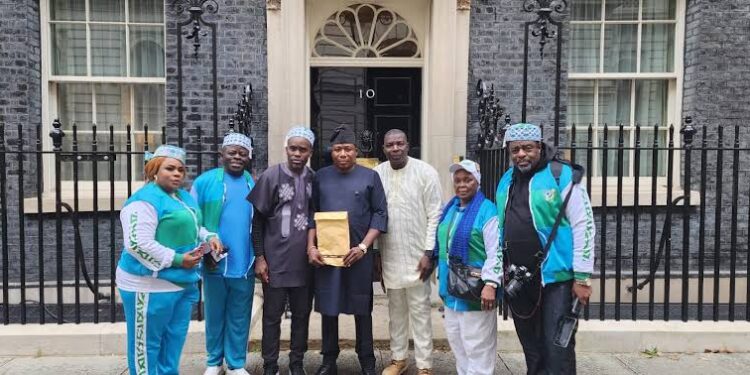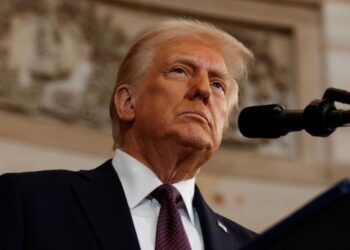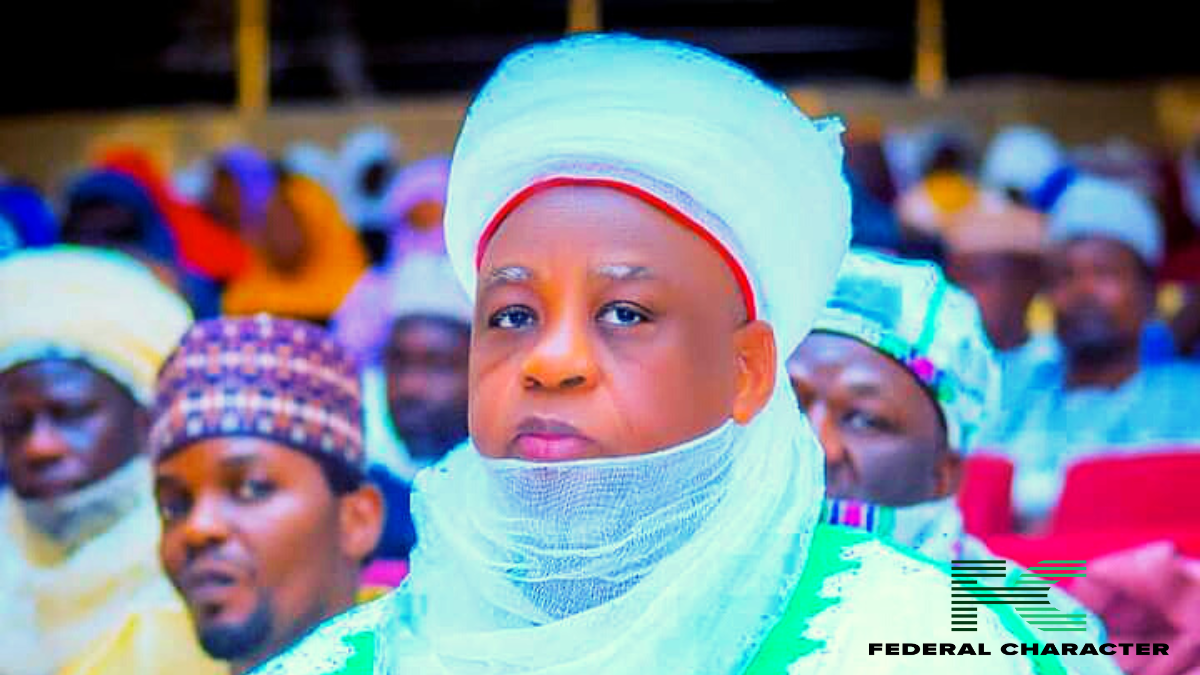Sunday Igboho’s latest move to push the ‘Yoruba Nation’ agenda by filing a petition to the UK Prime Minister reeks of a desperate plea for foreign validation in a matter that is strictly domestic. Let’s face it, why is Igboho seeking approval from the British government when the UK High Commissioner, Richard Montgomery, has already made it crystal clear: this is Nigeria’s problem to solve.
In a blunt statement, Montgomery reminded everyone that matters concerning the sovereignty of another nation are not for the UK government to meddle with. So why exactly does Sunday Igboho think the British authorities would care to entertain a petition about Nigeria’s internal politics? Montgomery even pointed out that similar petitions have been flat-out rejected by the UK Parliamentary Petitions Committee and the government in the past. In other words, this isn’t their first time, and they are definitely not getting involved.

Despite all this, Sunday Igboho still took the petition to No. 10 Downing Street. According to Montgomery, that delivery was nothing more than a procedural gesture. It does not imply endorsement by the UK government or any parliamentary body. If Igboho or anyone else thinks this act of petition submission is a game-changer, they are sadly mistaken.
The UK High Commissioner said, “The delivery merely reflected an established practice of allowing the delivery of letters and petitions to No10.”
This is not the 19th century when European nations intervened in African matters like colonial overseers. Nigeria’s issues, especially something as sensitive as a separatist movement, are for Nigerians to handle—through its government and legislature.
What’s laughable is how this whole charade exposes a mindset that still seeks foreign validation. One has to wonder, are we still mentally bound by the same colonial shackles that we should have thrown off decades ago? If the Yoruba people are really counting on Sunday Igboho’s method of seeking external approval, then they might as well brace for disappointment. You can’t build a sovereign movement on the shaky foundation of seeking validation from former colonizers.

















